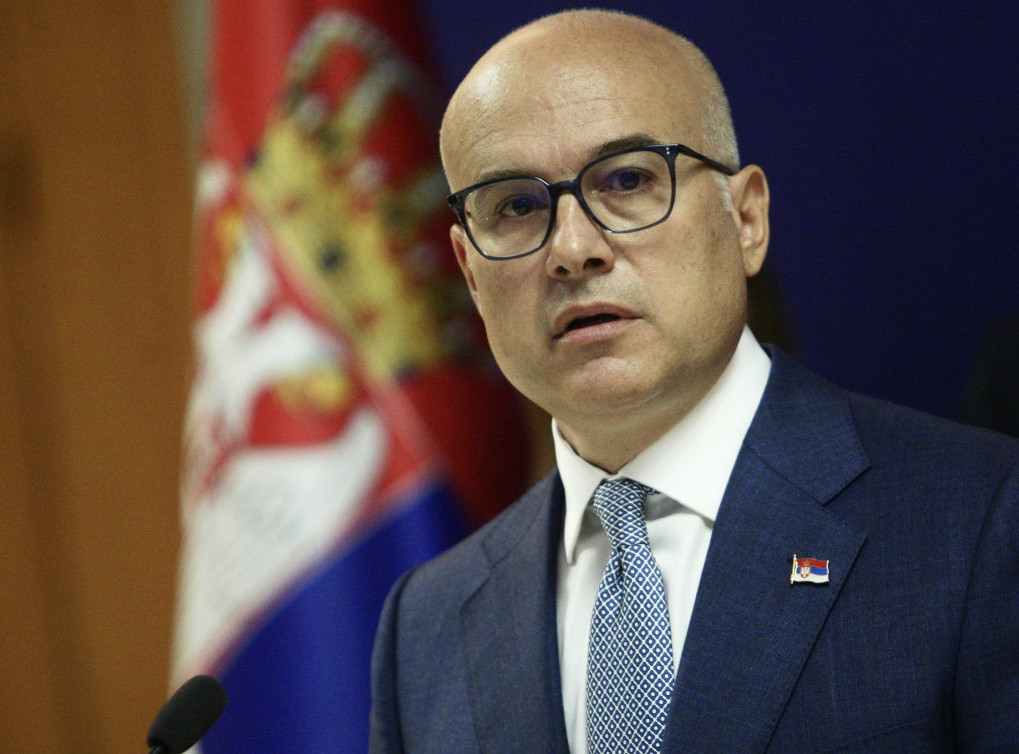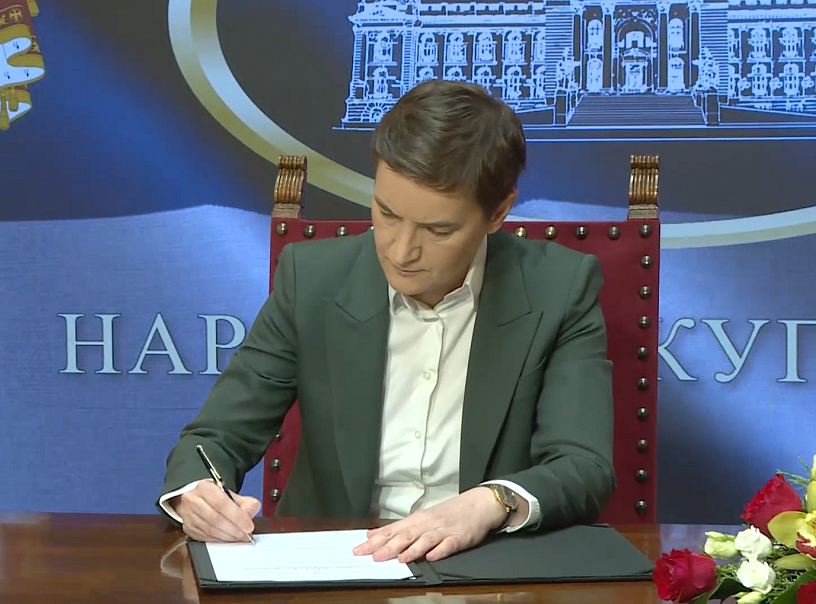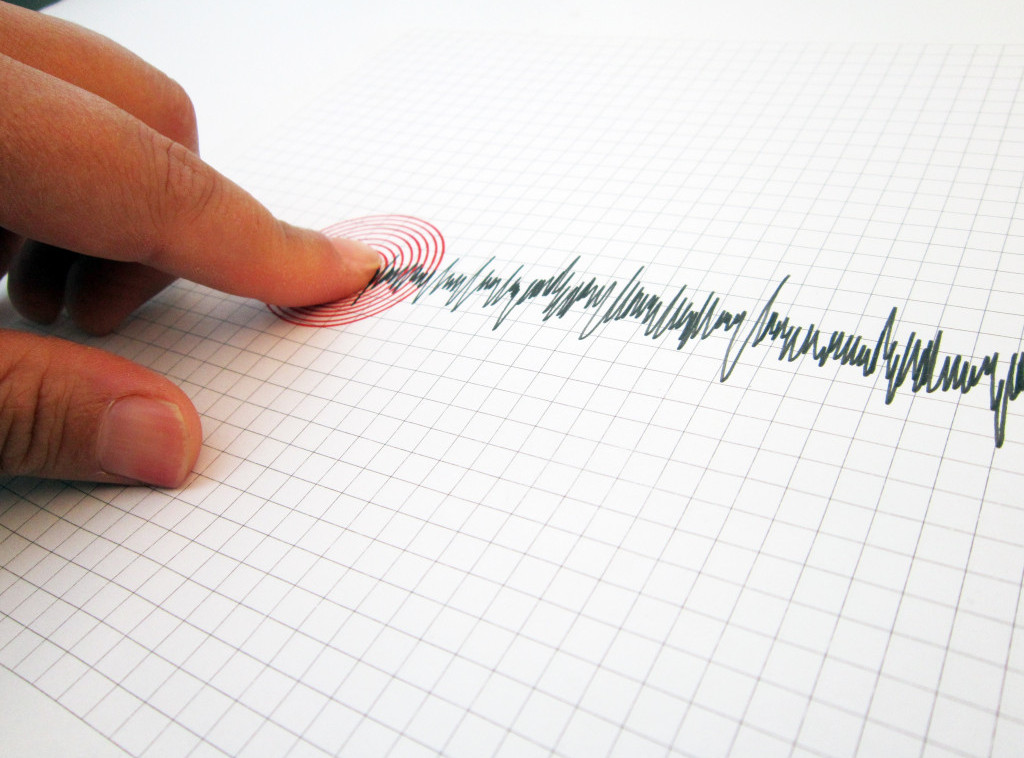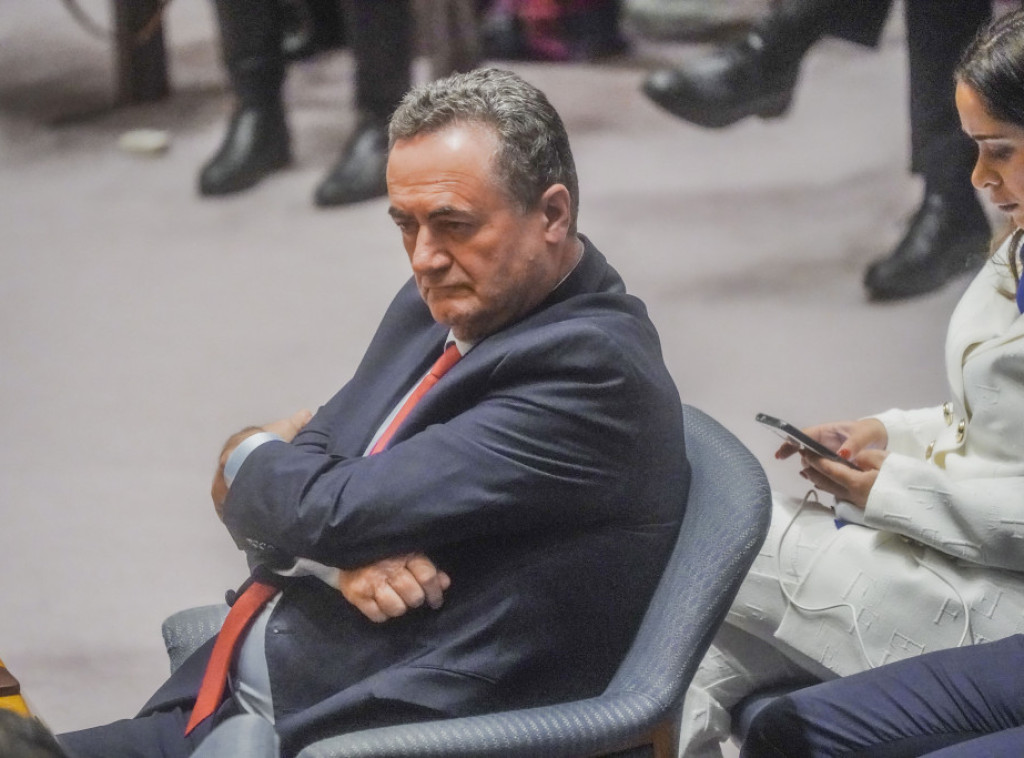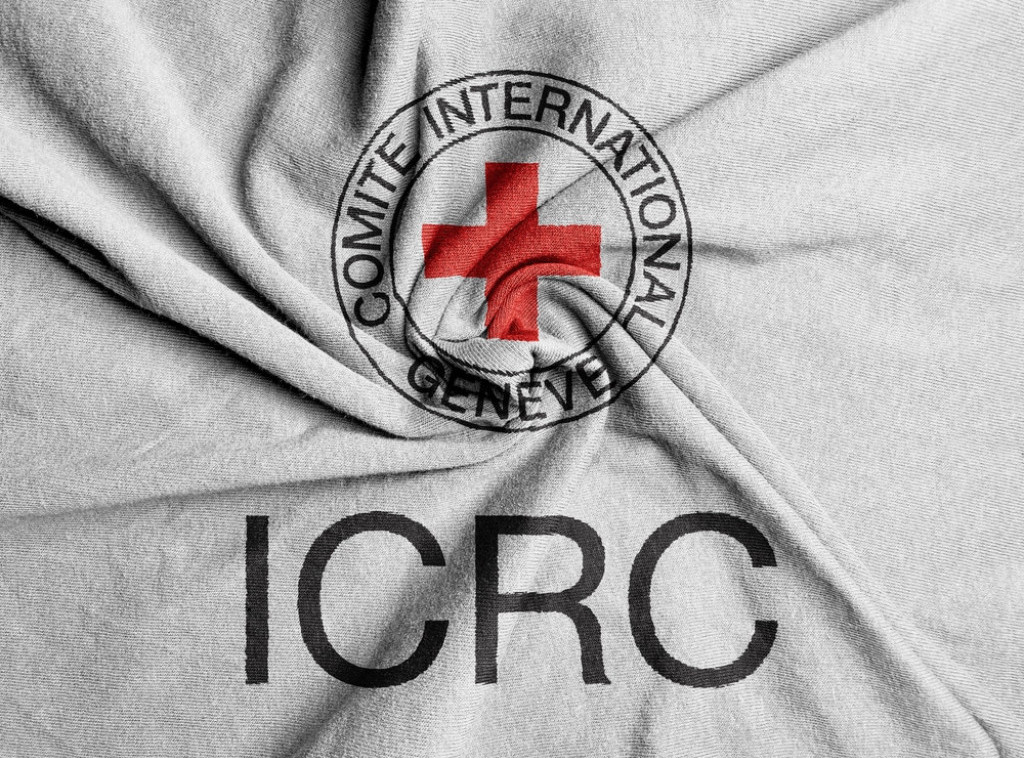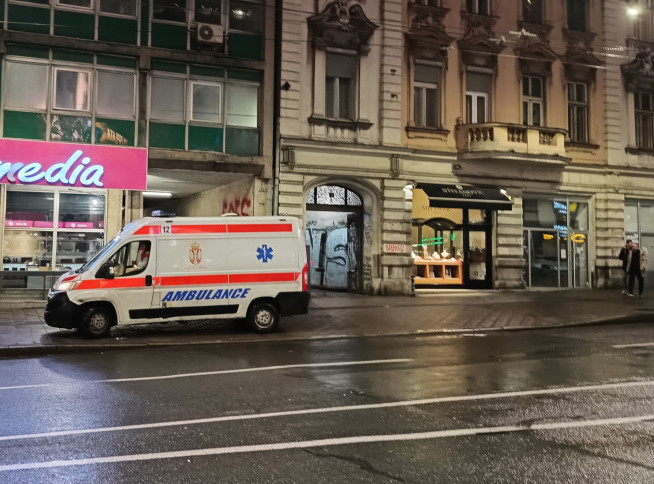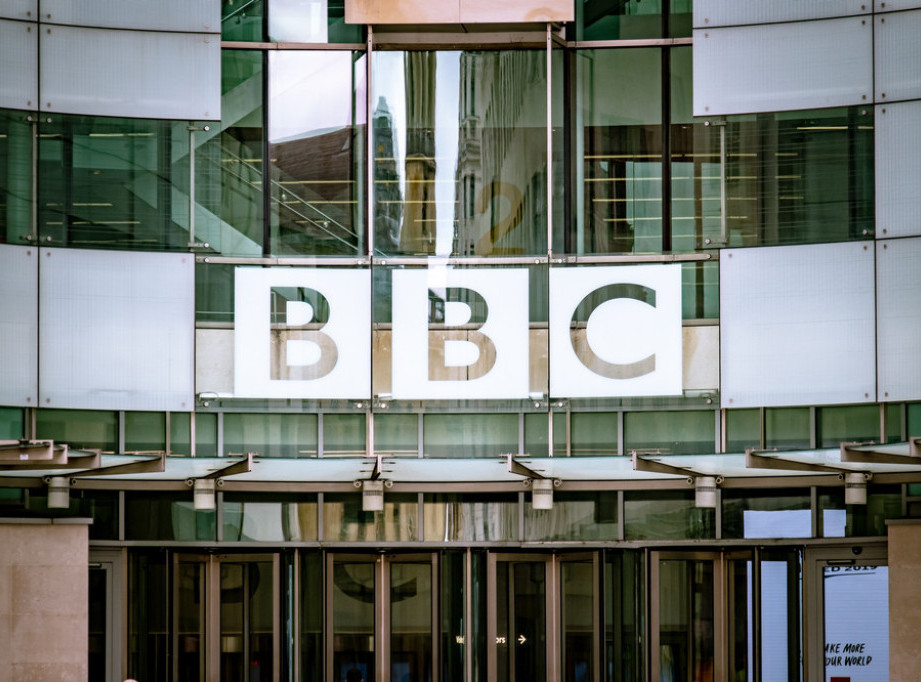18. april 2023 19:00
NBS: Serbia seen as good investment destination
podeli vest
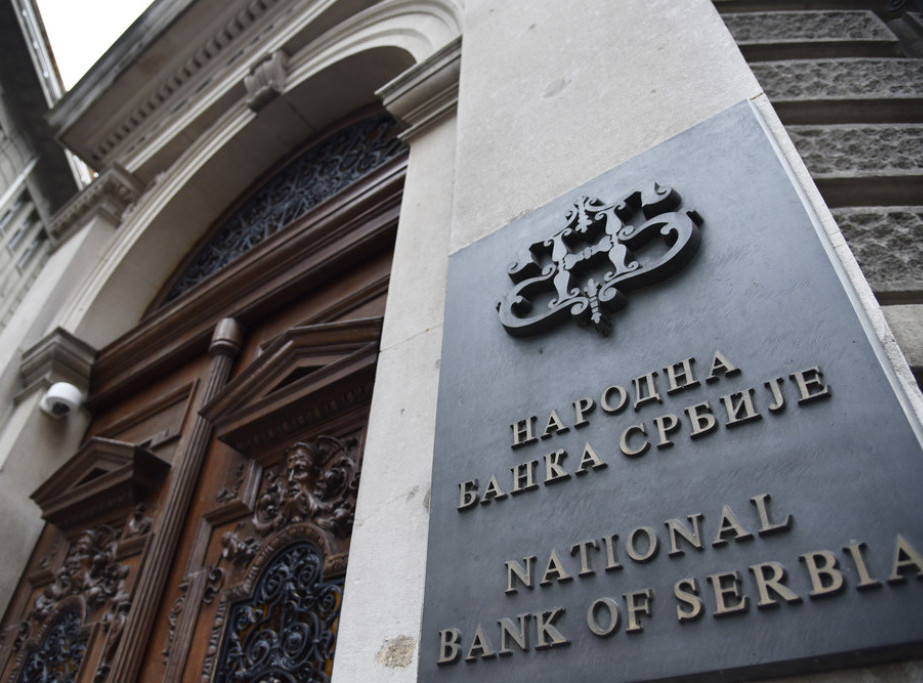
Foto: Shutterstock.com/ToskanaINC, ilustracija
BELGRADE - A relative stability of the dinar's exchange rate against the euro even in times of the strongest external shocks, a track record of sound economic policies, a commitment to structural reforms, a continuously improved business environment, an uninterrupted investment cycle, high capital investment and a diversified export base that contributes to export sustainability even amid lower external demand are the reasons why investors see Serbia as a good investment destination.
The National Bank of Serbia (NBS) said this in a statement released after NBS Governor Jorgovanka Tabakovic's meeting with representatives of leading global investors during the IMF-World Bank Group Spring Meetings.
The statement said Tabakovic had "presented the results Serbia has achieved in the face of global shocks owing to sound and coordinated policies, and explained in detail recent macroeconomic developments in Serbia, the reform agenda and medium-term macroeconomic projections."
"The investors commended Serbia’s results achieved against the backdrop of rampant global uncertainty and strong overlapping shocks," the central bank also said.
"For instance, from 2019 to end-2022, Serbia’s manufacturing exports increased from 16.1 bln euros to 23.4 bln euros, while exports of services climbed from 6.9 bln euros to 11.1 bln euros. In the last three years, Serbia attracted FDI worth 11.3 bln euros, of which 6.2 bln euros in the export-oriented sectors. Owing to the uninterrupted investment cycle, this year our exports of goods and services will reach a minimum 42 bln euros," the NBS also said.
The statement said the investors had also commended "record high FX reserves of 21.4 bln euros at end-March, a strong and resilient banking sector, continuous economic growth and its expected return to 4 pct, new fiscal rules and sound public finances, with a reduction in the share of public debt in GDP to 51.1 pct in February and an expected further narrowing of the fiscal deficit despite high capital investment, and expected reforms in the energy sector, with a rise in the share of renewable energy."




